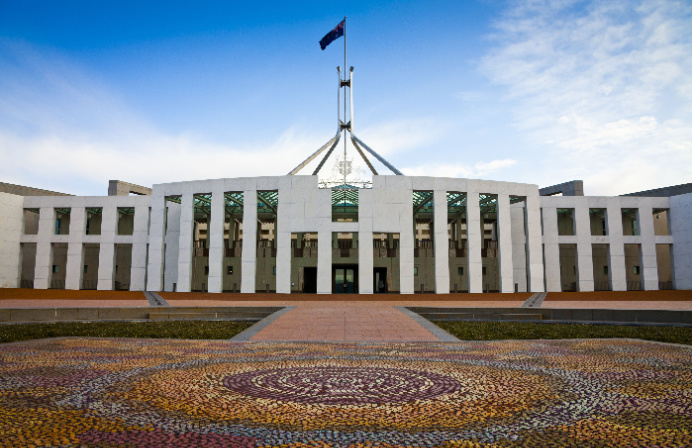
Financial Services Minister Stephen Jones has announced further details on the Federal Government’s upcoming consultation on a new code covering the obligations of banks, telcos, and social media platforms to combat scams.
Jones, in an address to the Customer Owned Banking Association, the peak body for Australia’s mutual banking sector, revealed the government will soon consult banks on a new scam industry code, which was first mooted in March of this year.
Among the proposed obligations to be consulted on include, he said, the need for banks to have: anti‑scam business plans in place; stricter authentication requirements for new account applicants, customers and payees; methods to detect high‑risk transactions and provide appropriate holds or warnings to customers; and procedures for consumers to quickly report and be notified of suspicious transactions or compromised accounts.
“For a code to work, it needs to be responsive to changes in the ecosystem. It needs to be clear, it needs to complement the work happening in other parts of the scams ecosystem, and it needs to support collaboration,” Jones said.
He added that the Government would set a “high bar” for the code, but that it is also determined to “make clear where that bar is”.
“Without codes, the line between the customer’s obligation and the bank’s obligation will never be clear.”
He did, however, acknowledge concerns by smaller banks over their ability to meet these potentially high-cost obligations.
“We are realistic. We know that the banks represented in this room don’t have millions and millions of dollars to spend on gold-plated IT systems and scam-prevention software. We know you might need more time to get up to speed.”
“But we are also determined. There can be no weak spots in our fight against scams.”
“If one part of our defence is weak, that part will become a target, and we will have succeeded only in shifting the problem from one part of the system to another.”
Under the proposed code, banks, telcos and social media platforms may also be liable to reimburse consumers who lose money to scams. The proposal echoes similar laws introduced in the UK designed to incentivise banks to improve their anti-scam measures.
A number of Australia’s big four banks have opposed the introduction of such an obligation, believing it would do little to dampen the scam threat and would simply “move the problem elsewhere”.
Data from ASIC released earlier this year shows that 96 per cent of victims of fraud and scams fail to get their money back after a financial scam, with the major banks detecting and stopping just 13 per cent of the more than $550 million paid to scammers.





